
Saipan has been deemed as the most beautiful U.S. Island you may have never heard of. And, if you’ve never visited or heard of it, let’s take a look at this hidden gem.
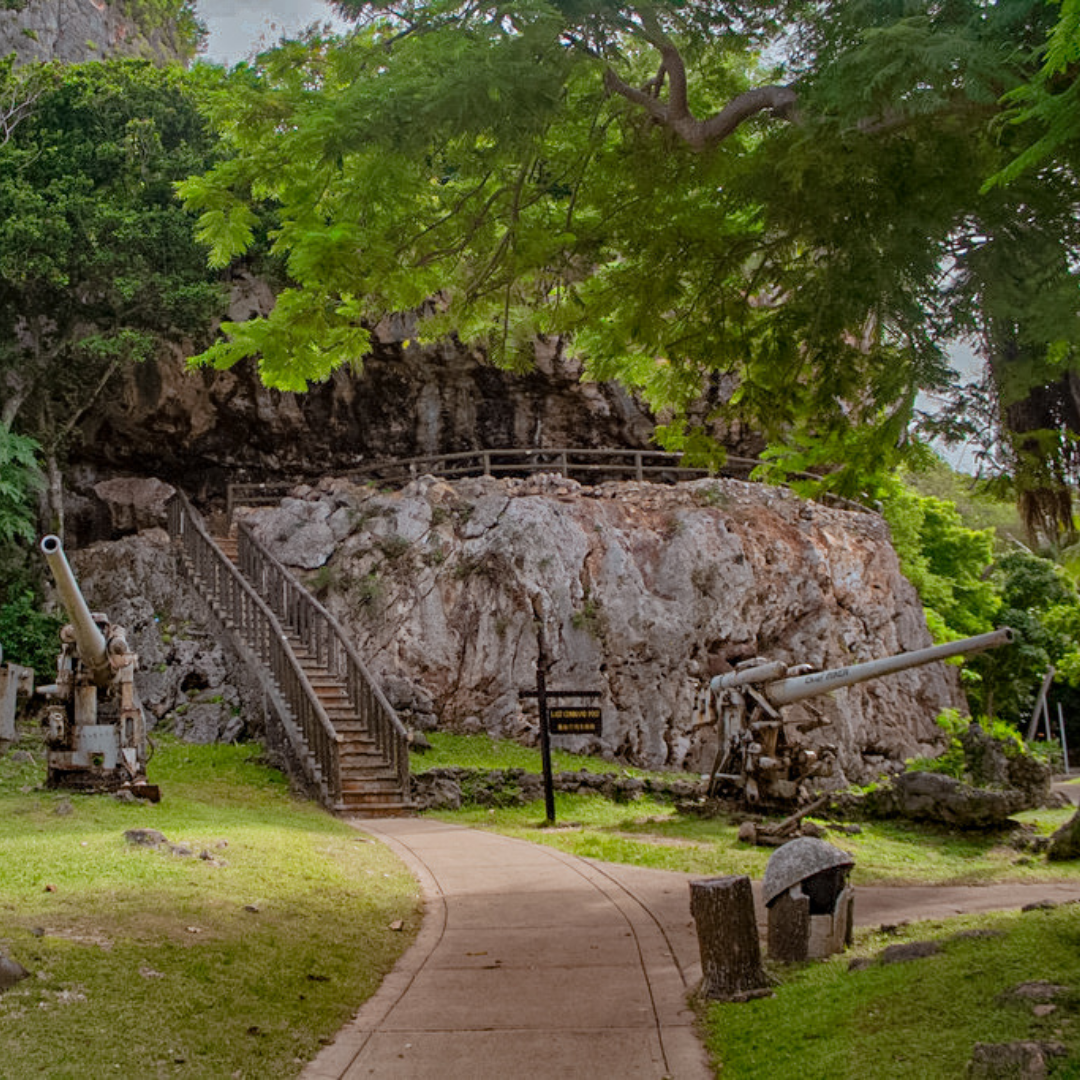
HISTORY
Saipan is the largest island of the Northern Mariana Islands, a commonwealth of the United States in the western Pacific Ocean. It was under several administrations: Spanish (1565-1899), German (1899-1914), and Japanese (1914-1944). Saipan became one of the battle sights for the World Wars between the U.S. and Japan in 1944, to which the U.S. eventually captured the island. It then become part of the Trust Territory of the Pacific Islands, and as of 1978, Saipan became a municipality of the Commonwealth of the Northern Mariana Islands.
Saipan was predominantly full of United States military personnel, but as of 1990, tourism began replacing military presence and have since then become the primary source of the island’s local economy.
The CNMI is run by the Commonwealth Government, including Legislative, Executive, and Judicial Branches headquarter in Saipan. Elections are held every 4 years for the various positions in the government, including the highest-ranking officers: Governor and Lt. Governor
POPULAR LANDMARKS
BANZAI CLIFF
MAñAGAHA ISLAND
THE LAST COMMAND POST
AMERICAN MEMORIAL PARK
VISITING SAIPAN?

SAIPAN (population ~47, 300 AS OF 2020)
GEOGRAPHY
Area: 44.55 square miles (115.38 km2 )
Length: ~12 miles (19 kilometers)
Width: ~5.6 miles (9 kilometers)
Highest Point: Mt. Tapochau ~1,545 feet (471 meters)
OFFICIAL SYMBOLS
Official Anthem: Gi Talo Gi Halom Tasi
Official Flower: Plumeria
Official Bird: Mariana Fruit Dove
Official Tree: Delonix regia (Flame Tree)
FLIGHTS
AIRPORT
Francisco C. Ada Saipan International Airport
TOP AIRLINES
Traveling to and from the island is available through a variety of airlines at the Francisco C. Ada Saipan International Airport:
United Airlines
Jeju Air
Asiana Airlines
T’Way Air
Air Busan
AVERAGE ROUNDTRIP FLIGHT DURATION AND PRICES
The average flight duration, including layovers, to and from Saipan is between 41 minutes (Guam) to 35 hours (Sydney).
The average roundtrip flight prices are between $240 (Guam) to $5000 (Rome).
There are nonstop flights between Saipan and Guam, and Saipan and Seoul. Flights to and from other cities have at least one layover.
THINGS TO KNOW
LANGUAGE: The official languages of Saipan are Chamorro, Carolinian, and English. Mandarin and Tagalog are also widely used.
CURRENCY: The currency in Saipan is the U.S. Dollar.
CREDIT CARDS & ATM’S: Saipan accepts a variety of credit cards, though most stores do not accept American Express. If you plan on bringing cash other than U.S. currency, do exchange them before arriving as Saipan does not have any currency exchange machines or services. Bank of Guam, First Hawaiian Bank, and Bank of Hawaii ATM machines are available on the island.
SIM CARDS & ROAMING: Numbers from providers off-island are not available on the island. Check with your phone provider about roaming fees or purchase a temporary SIM card on the island that includes data to have access to social media.
TRANSPORTATION: The most common way to get around is to rent a car. Other forms of transportation include COTA, and taxi services.
SAFETY: Saipan is a fairly safe place, with vehicle theft being common among visitors. Keep your possessions hidden in compartments or with you at all times.

BEST TIME TO VISIT
Saipan is a tiny island with two consistent kinds of climate all year long: Tropical Rainforest and Tropical Monsoon Climate.
If you’re looking for tropical weather and witness the Flame Trees in bloom, the best months to visit are during the Drier Season between December to June.
If a bit of cloudy and rainy weather that’s still not as cold as your average Winter season doesn’t bother you, Saipan’s only other season, Rainier Season, occurs between July to November.
VILLAGES
There are 30 official villages (with sub-areas within some of these villages) on the island.
Achugao || As Lito ||As Matuis || As Perdido || As Teo || As Terlaje || Capitol Hill SV: I Denne, Tapochau, and Wireless Ridge || Chalan Kanoa (Laly I, II, III, and IV) || Chalan Kiya || Chalan Laulau (Quartermaster) || Chalan Piao || Chinatown || Dandan (Airport Road, Naftan, and Obyan) || Fina Sisu || ** Garapan || Gualo Rai || Kagman (I, II, and III) || Kannat Tabla || Koblerville (As Gonno) || Lower Base || Marpi || Navy Hill (Chalan Galaide and Rapagao) || Oleai || Papago || Sadog Tasi (As Mahetog) || San Antonio (Afetnas) || San Jose || San Roque || San Vicente (Lao Lao Beach) || Susupe || Tanapag
**Capital of Saipan
FUN FACTS
Saipan was formed from undersea volcanic eruptions that have solidified over time.
Saipan holds the Guinness World Record for the most consistent climate on Earth over a short period with a low of 19.6 C and a high of 31.4 C.
Mt. Tapochau is not an extinct volcano; it’s made from limestone formation.
The Leucaena leucocephala, or “Tangan-Tangan” trees, are well known and seen throughout the island.
Naturally grown fruits on the island include coconuts, papayas, chili peppers, mangos, taro roots, breadfruits, and bananas.
Saipan is well-loved for some of the world’s cleanest air, beautiful beaches, as well as one of the best destinations for snorkeling and diving.
ISLAND ADVENTURE GOALS
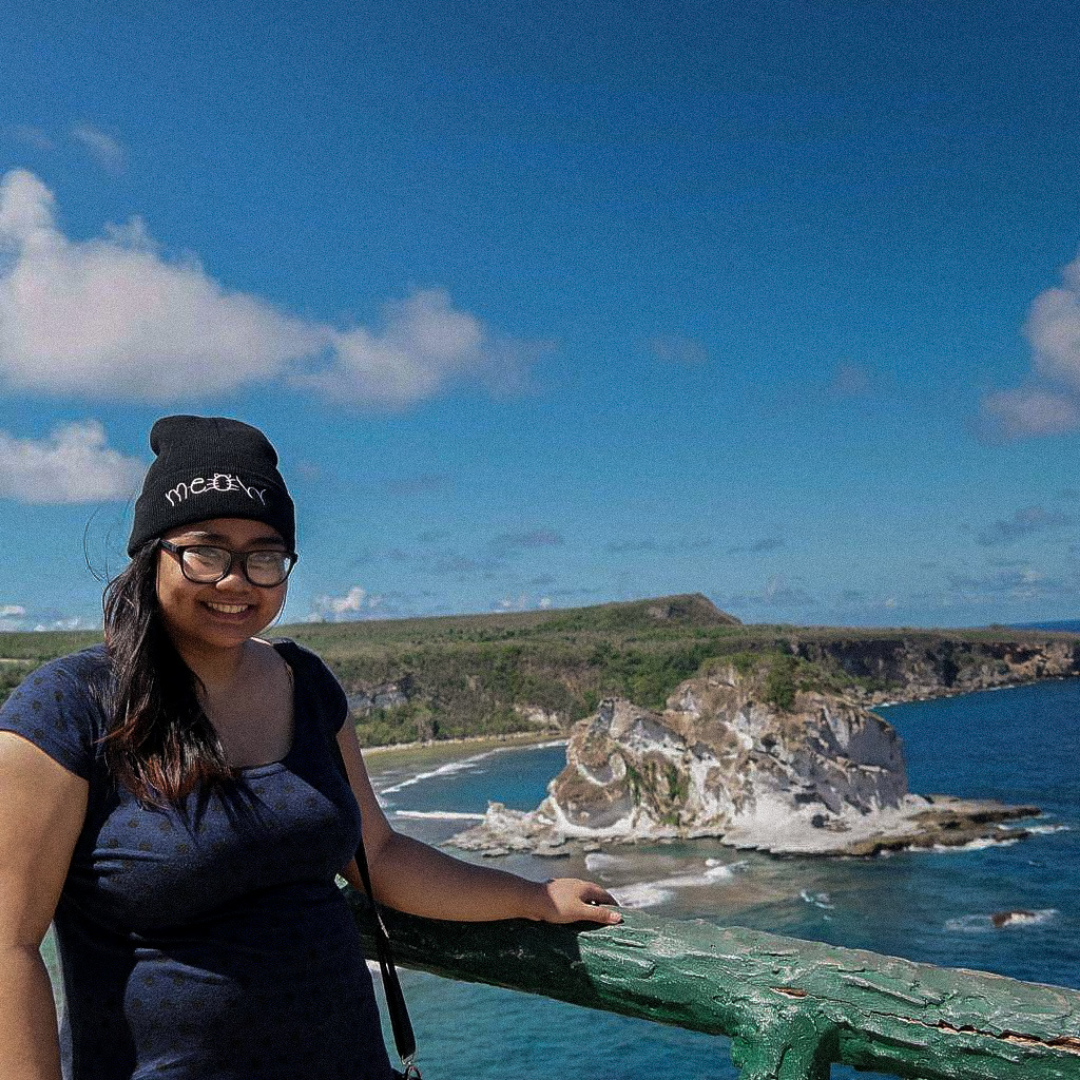
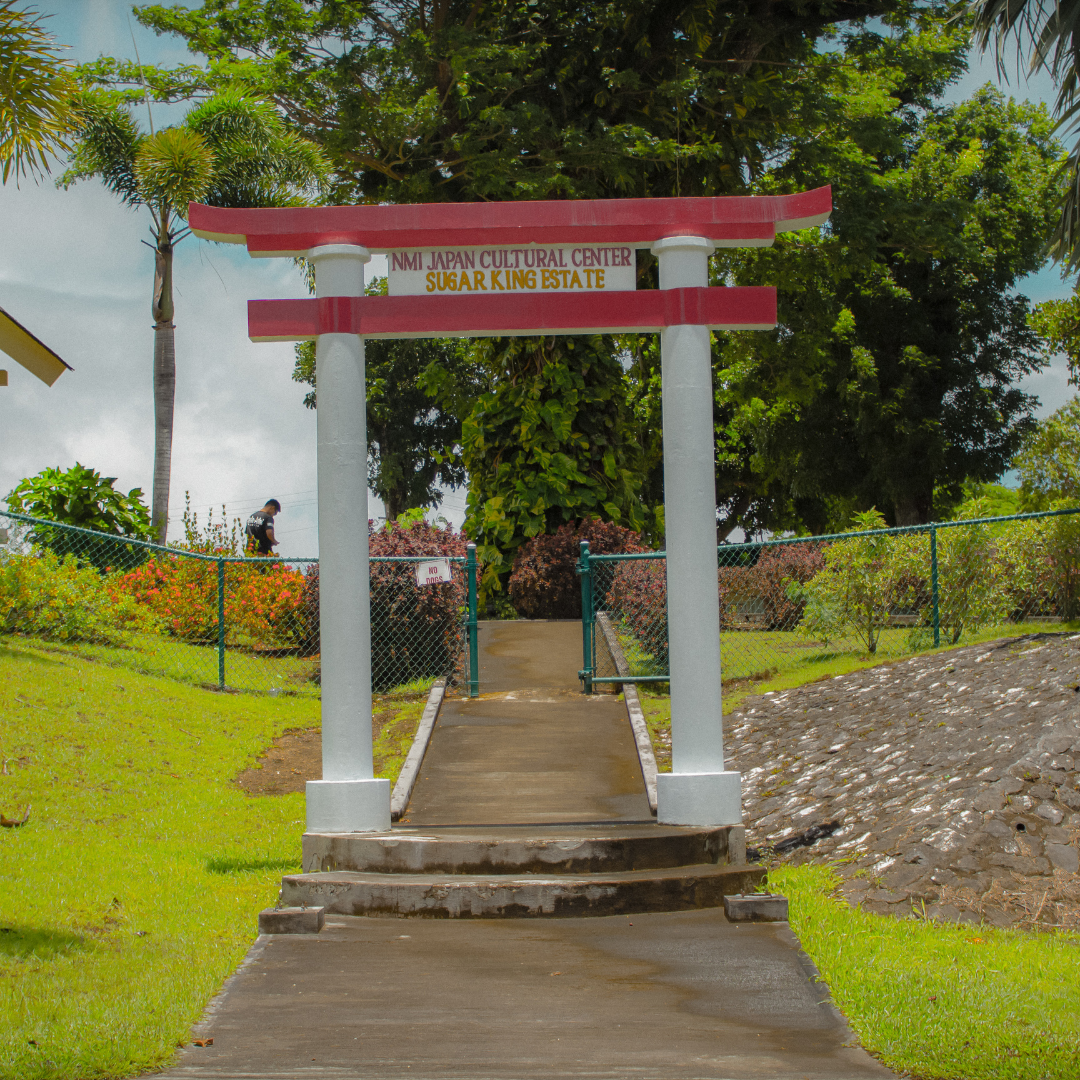

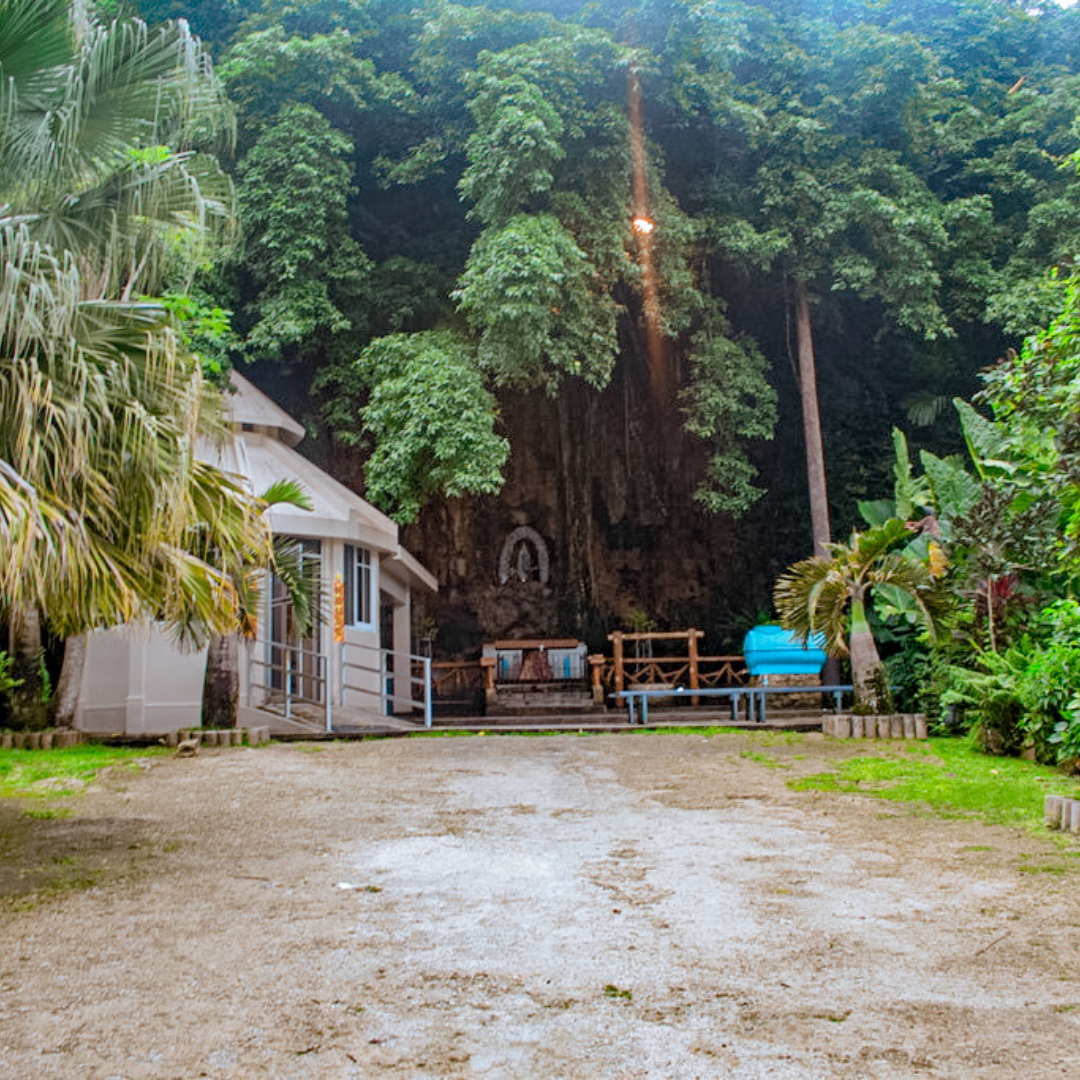
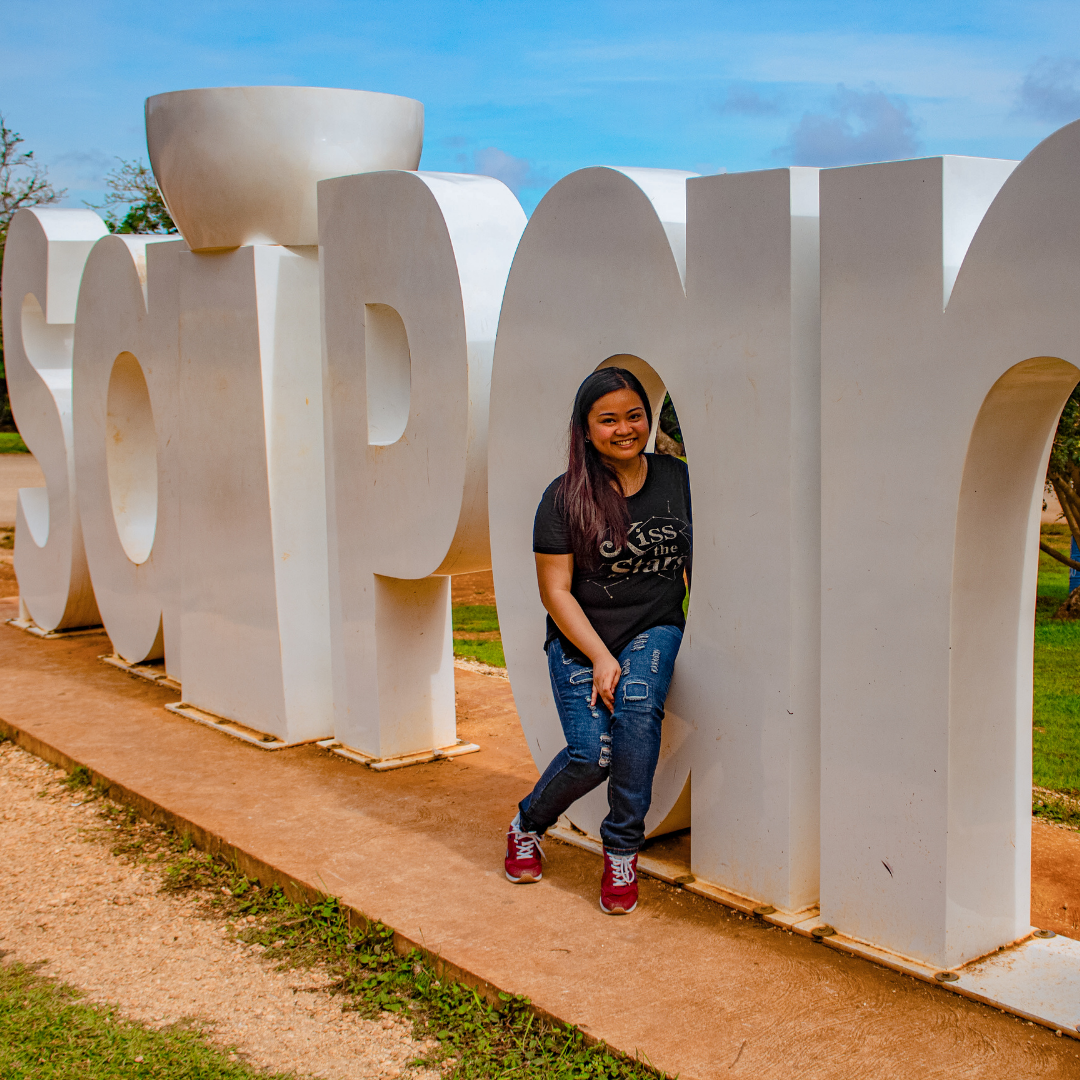
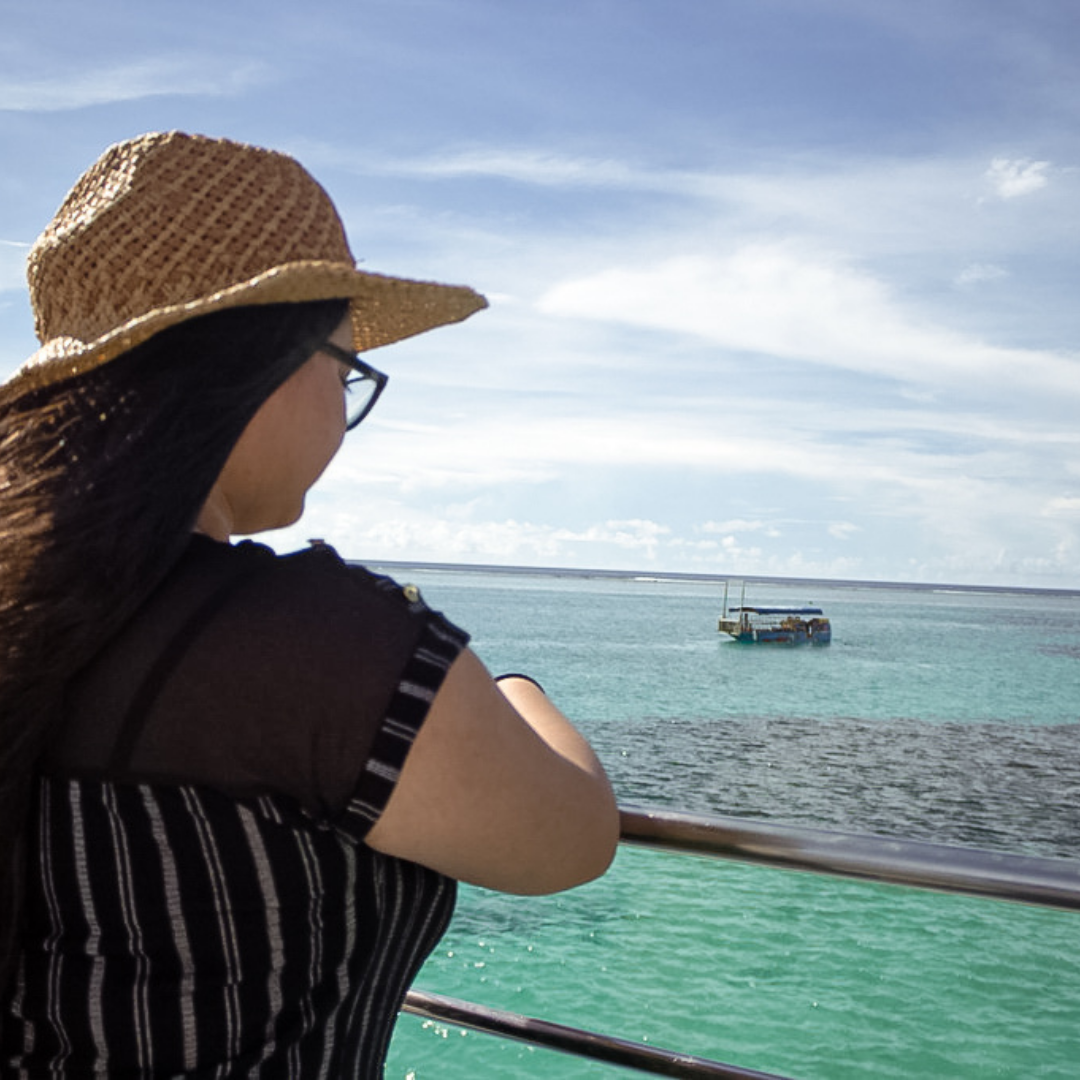

Saipan is not as geographically big or as technological and economically advanced as many other countries, but it’s home. It embodies familial values, culture, beautiful landmarks, and history, and these are what, I believe, still make the island just as rich as other nations.
CNMI EVENTS
LATEST SAIPAN POSTS

Halloween Tag | 30 Questions To Get Into The Holiday Spirit
, I thought it would be fun to answer some Halloween-related questions.
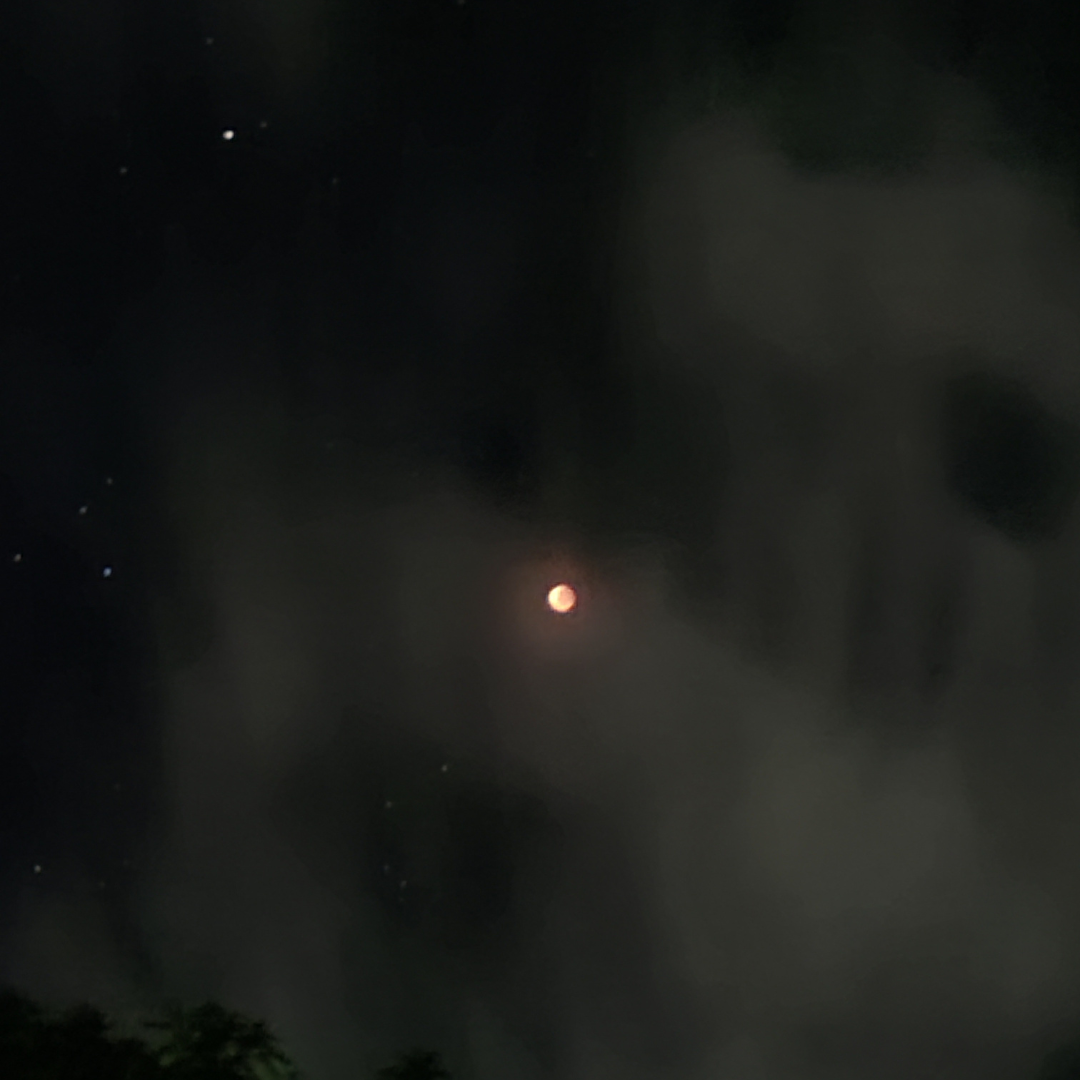
31 Nights of Spooktober | 100+ Halloween-Themed Movies To Watch In October
I wanted to create my own Spooky lineup to ignite the Halloween spirit.

Monthly Highlights | February 2023
Here are some of my favorite things from February 2023!

How To Say “I Love You” In 56 Languages
From gift giving to going on a unique date and ending the day with genuine feelings and words of “I love you,” I think that Valentine’s Day is a day to spread love wherever we go, whoever we are with.

Monthly Highlights | January 2023
Here are some of my favorite things from November and December 2022, and January 2023!



Hugs | Endings And Beginnings
And I never knew I would be missing hugging as much as I do now.

